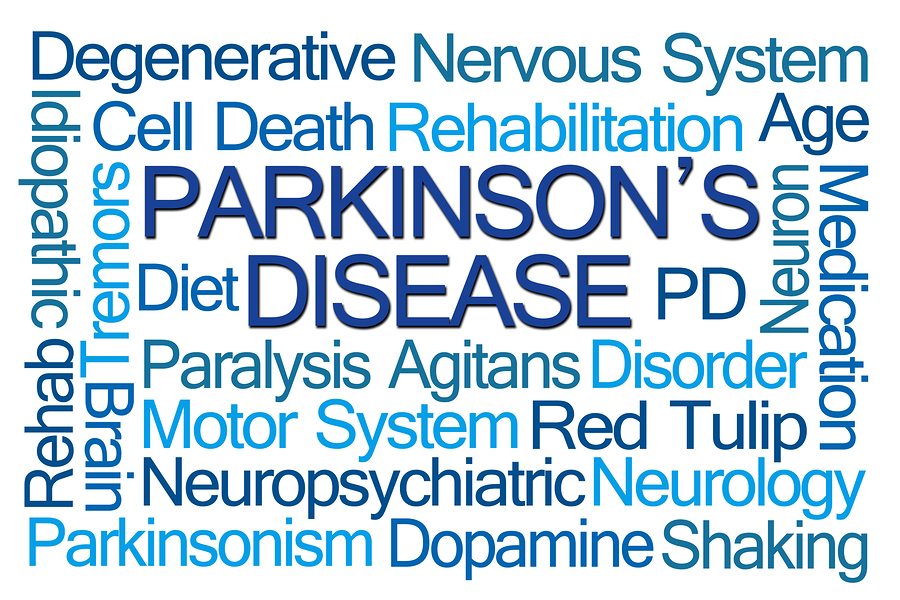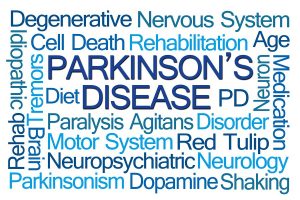
What is “Freezing” When It Comes to a Senior with Parkinson’s Disease?
Elderly Care in Princeton NJ
When many people think of Parkinson’s disease, the first symptoms that come to mind include involuntary movements, such as tremors. As a family caregiver, however, it is important to know that these are not the only symptoms suffered by the 1 million people throughout the United States and approximately 3 million people throughout the world who are living with this condition. Sometimes the most troublesome symptoms are actually those that involve no movement at all. One such symptom is referred to as “freezing” and knowing how to help your parent overcome it can protect them from physical dangers as well as mental and emotional health impact.
that these are not the only symptoms suffered by the 1 million people throughout the United States and approximately 3 million people throughout the world who are living with this condition. Sometimes the most troublesome symptoms are actually those that involve no movement at all. One such symptom is referred to as “freezing” and knowing how to help your parent overcome it can protect them from physical dangers as well as mental and emotional health impact.
Just like it sounds, freezing is a sudden and involuntary inability to move the body. This can occur at any time and during any type of movement, but often happens when a senior is sitting and feels unable to get up, or is standing and is not able to move their feet forward. Though some freezing is related to the use of specific medications, the cause of other episodes is not known. Of the approximately 38 percent of those suffering from Parkinson’s disease throughout the United States who fall each year, many of them were experiencing a freezing episode when they had their fall. This makes it vital that you feel prepared to help your loved one cope with this symptom if it does arise.
One of the ways that your parent can deal with freezing is to keep themselves moving. Rather than standing still, encourage them to march or step from side to side. This does not have to be a large movement, just enough to keep their feet moving so that they do not “stick” to the ground. If they are experiencing a freezing episode, play music and encourage them to move to the beat or create a line or small obstacle for them to step over. This will redirect their thoughts and enable them to get past the inability to move. It is important to keep your parent feeling calm and in control in these situations and not to rush or shame them. Instead, offer your support and encouragement so that they are better able to focus on getting over the episode and moving forward.
Starting elderly care for your aging parent can be one of the most nurturing and compassionate decisions that you can make for them as they progress through Parkinson’s disease. As their family caregiver you want to make sure that your loved one has all of the care, support, assistance, and encouragement that they need to manage their health concerns and symptoms and live the highest quality of life possible. An elderly home care services provider can be in the home with your senior on a customized schedule that is right for their needs as well as the care efforts that you put forth for them in order to accomplish this goal. Through the personalized services of this care provider your loved one can manage their PD symptoms as well as any other health concerns that they are facing, maintain as much independence and activity as possible, and feel confident that they are prepared for the next step in their journey as the disease progresses. When it comes to issues such as freezing, this care provider can give your loved one the support and encouragement they need to use coping mechanisms and techniques presented by their doctor to overcome the freezing and keep up with their day so that they are able to maintain more of the lifestyle that they desire as they age.
If you or an aging loved one are considering hiring elderly care in Princeton, NJ or the surrounding areas, please call Independence Home Care today at 609-208-1111 for more information.
Sources:
http://www.parkinson.org/understanding-parkinsons/living-well/freezing
https://www.floridahospital.com/parkinsons-disease-pd/statistics

